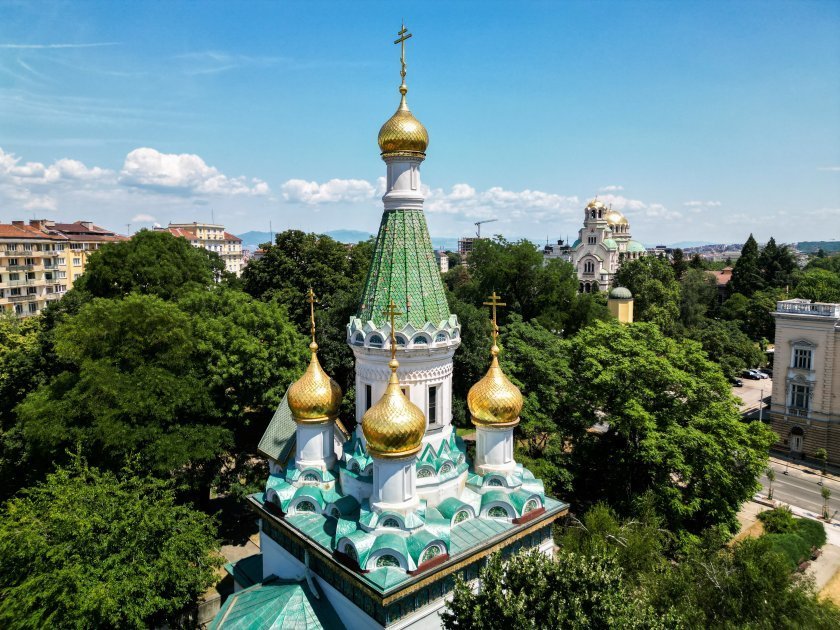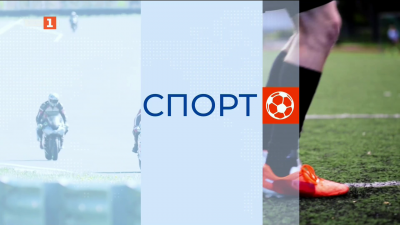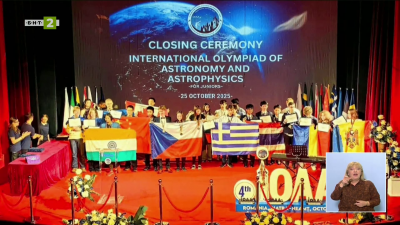Russian Patriarch Kirill sends new head of the Russian Church in Sofia

Russian Patriarch Kirill will send a new Primate of the Russian Church in Sofia, according to a message on the website of the Moscow Patriarchate.
The assurance was given to Bulgarian Patriarch Neophyte personally by the Moscow Patriarch. In Kirill's letter, a request is also made for assistance to the new Primate and the clergy of the temple.
The fate of the Russian Church: Holy Synod meets on the subject, but cannot solve the problem
Bulgarian priests, blessed personally by Patriarch Neophyte to serve in the temple, explained to BNT that they are familiar with the position and expect the church to re-open in the coming days.
In his letter, the Moscow Patriarch expresses confidence that "the political forces, behind which the enemy of the human race stands, will not succeed in destroying the centuries-old ties that are the basis of the cooperation of the Russian and Bulgarian Orthodox Churches."
It should be recalled that on 21 September the Russian Church of St. Nicholas of Myrlikia in Sofia was closed after the then head, Archimandrite Vassian Zmeyev, and two other Russian priests were expelled from Bulgaria on suspicion of espionage.
The spy scandal has also raised a dispute over the ownership of the property - documents at the Registry Agency and the State Archives Agency show it is the Russian Embassy. However, the Ministry of Justice has come out with a position that a thorough investigation is needed. Speaking to BNT, the notary who executed the deal said that a “Kreposten Akt” from 1898 was provided in the transfer. The Prosecutor's office subsequently launched an investigation into the case.
***
“Kreposten Akt” is the printed title of the deeds, issued by the notaries in the Principality of Bulgaria (August 24, 1878) and in the Kingdom of Bulgaria until August 31, 1910. The name is thought to be derived from the Bulgarian word Krepost (Fortress), but it is also a reminiscence and a technical transfer of the Russian Krepostnoy Act, from the Serfdom and Notarial Law (1701-1866) of the Russian Empire, where the meaning comes from Krepostnoy – relevant to serfdom, though such relations in Bulgaria were not present. Later, the word “kreposten” is removed and becomes a “notary deed” – a valid document for possession of immovable private property.
Get the latest news wherever you are!
Follow us on
Facebook
and
Instagram
Follow BNT’s YouTube channel
You can now also watch us on
TikTok
Find us on
Google News























